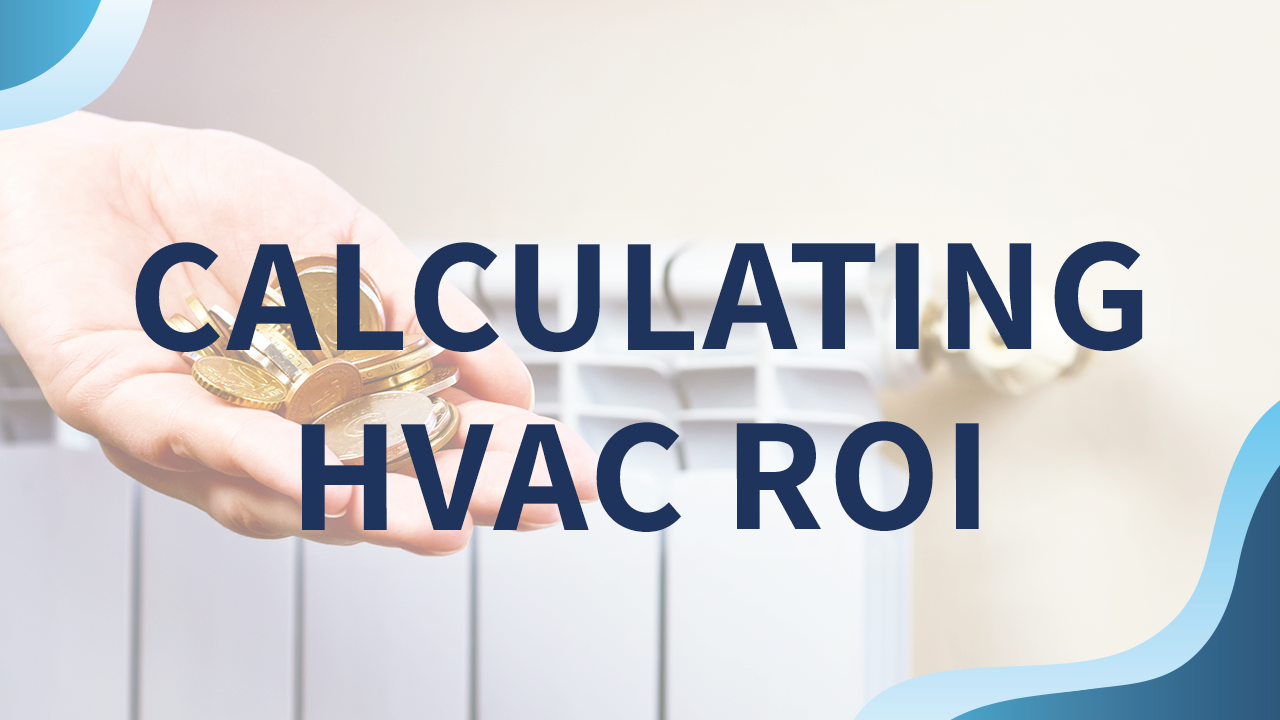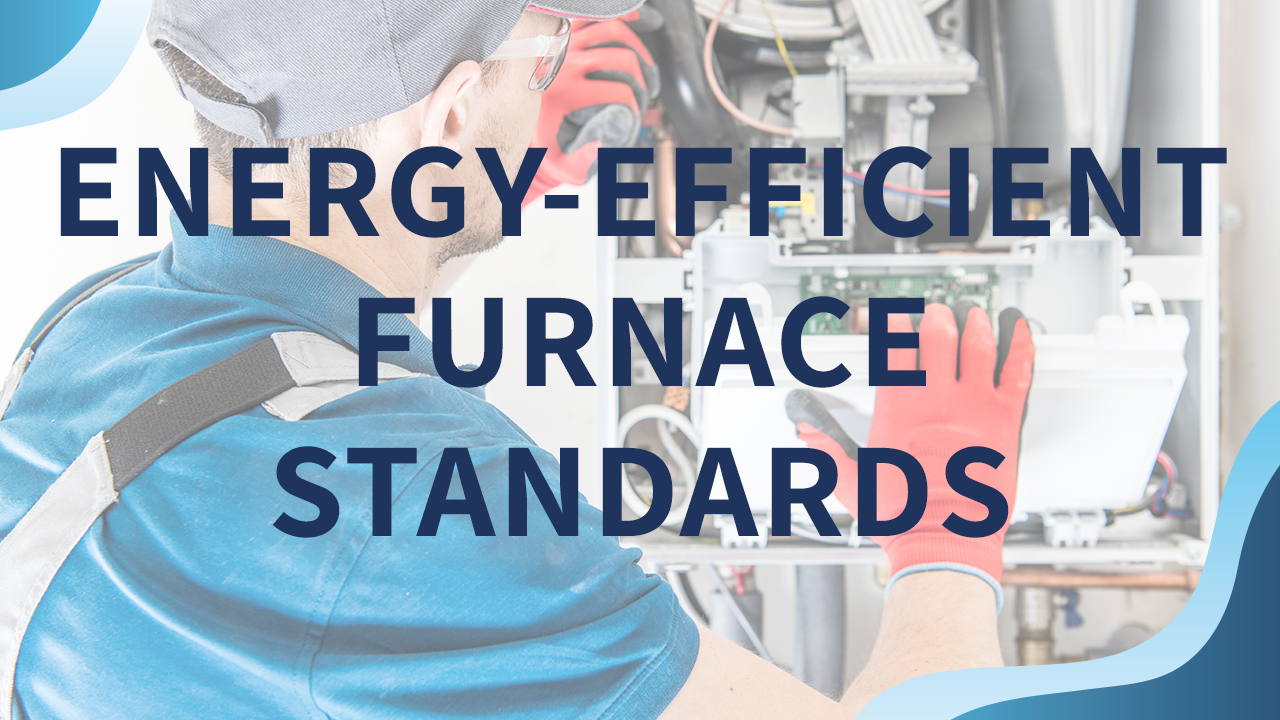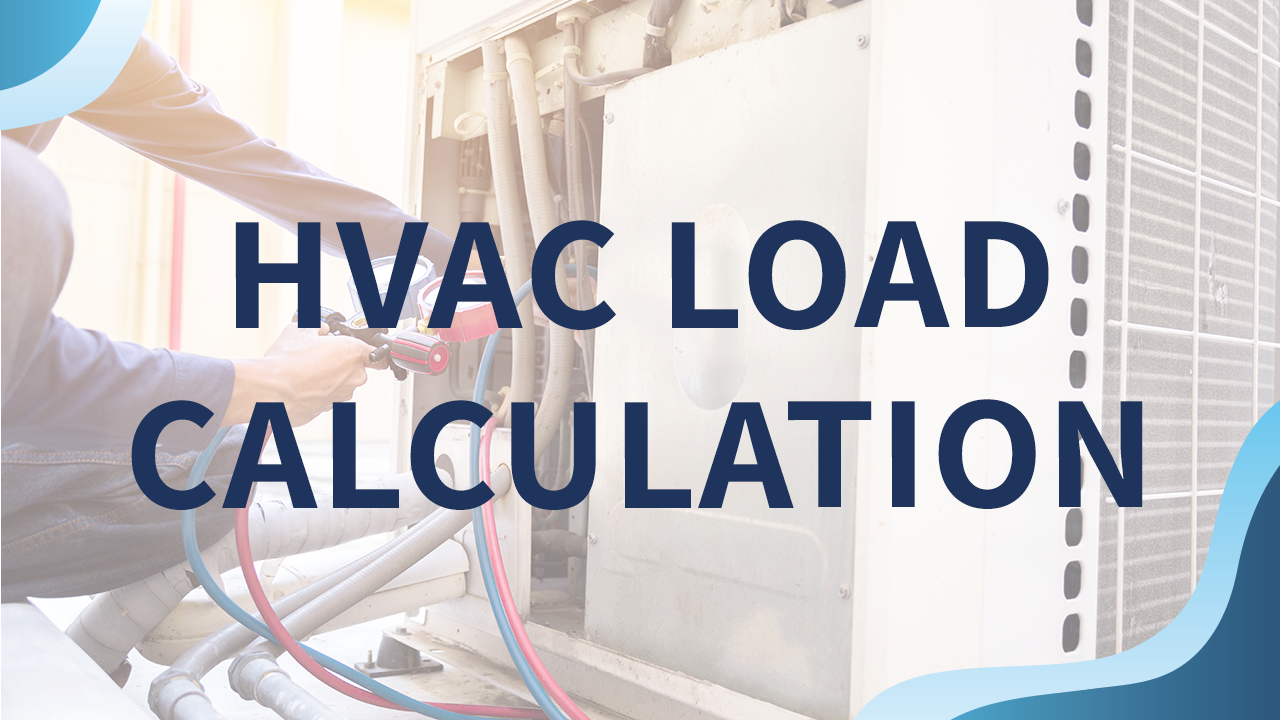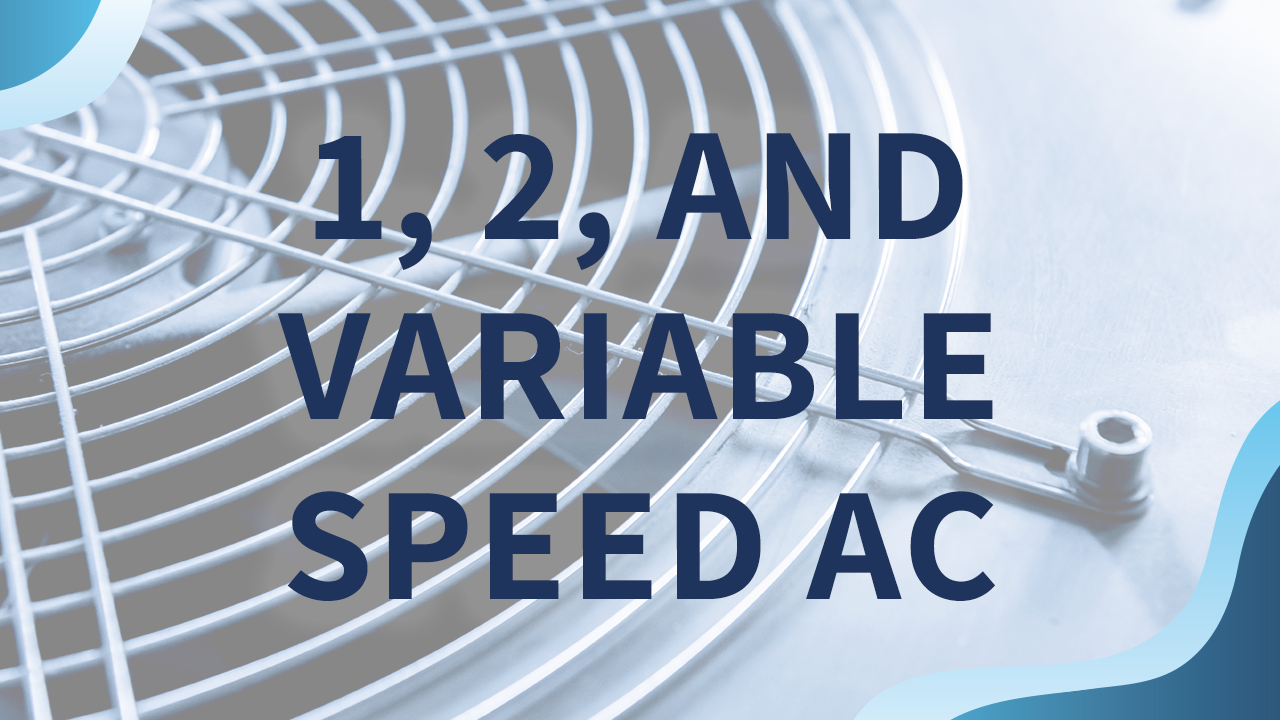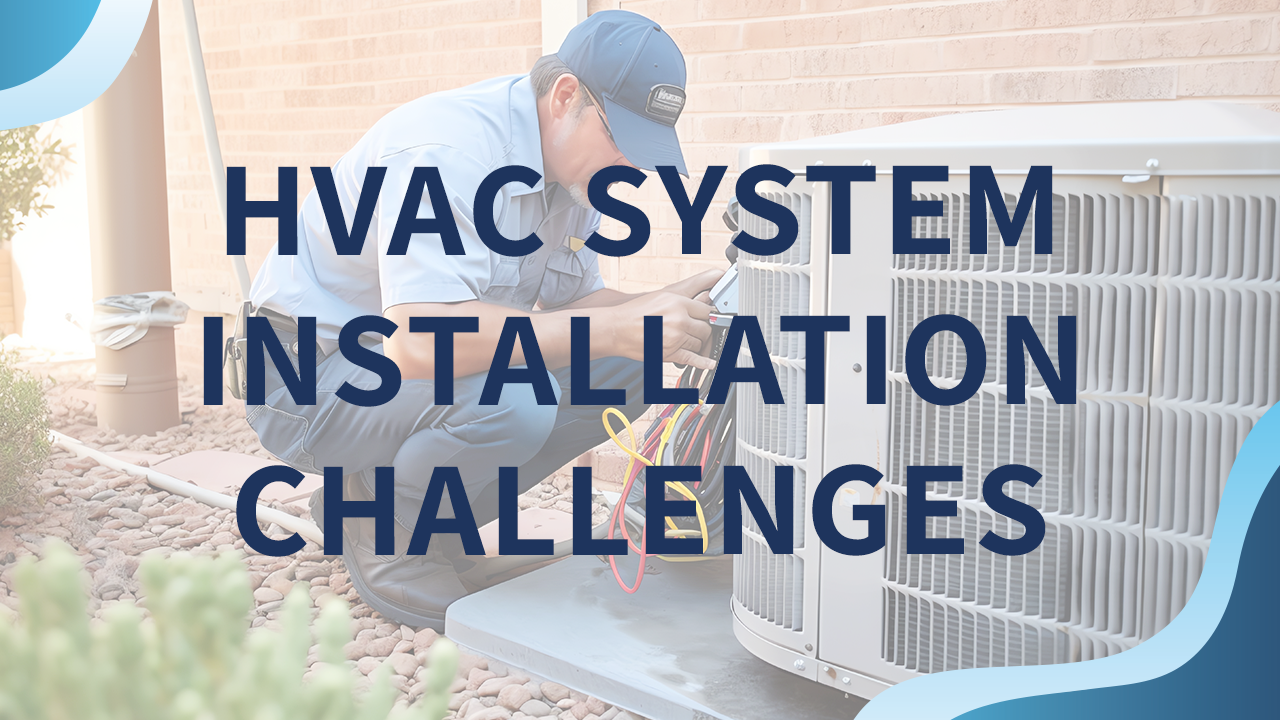When HVAC issues arise, it can be tempting to always rely on the facility manager. After all, isn’t that what they’re there for? As a jack of all trades, the important position helps manage the property’s operations, including the heating, ventilation, and air conditioning systems. And while it can save money to use the facility manager for some HVAC needs, it can also cost more in the long run compared to contracting a professional HVAC technician.
When it comes to working with HVAC, what’s the difference between a facility manager’s role and an HVAC contractor? When should you rely on each, and how can the two partner together to provide premium HVAC service for the maximum value?


What is a Facility Manager?
A facility manager is charged with the overall direction, supervision, coordination, and organization of a building’s systems, operations, and maintenance. While the specific functions of the facilities manager will vary depending on the size and type of company, the position primarily is responsible for the upkeep and maintenance of a building, ensuring that it meets health and safety standards as well as budgetary requirements.
Part of these day-to-day facility responsibilities includes HVAC system operations and maintenance. The facilities manager must ensure that a property’s HVAC systems are properly maintained and functioning both efficiently and effectively. This might include some basic preventative maintenance, but the facility manager is no HVAC expert. Should a malfunction occur, the facility manager will need to call an HVAC contractor or risk worsening the issue and increasing the cost to restore the HVAC system.
What is an HVAC Contractor?
An HVAC contractor’s job is to install, regulate and maintain heating, ventilation, and air conditioning systems so that building residents can enjoy acceptable air quality, thermal comfort, and controlled indoor climate. Because they specialize in HVAC, a contractor, also known as a professional technician, has advanced knowledge and training in various HVAC equipment, technology, and systems.
What might appear as a small issue to a layperson or even to a facilities manager might signal a wider problem to the trained eye of an HVAC contractor. Likewise, advanced HVAC technology requires specialized training and expertise to properly maintain HVAC systems, or the system could run inefficiently, costing money over its lifetime.


How Can Facility Managers and HVAC Contractors Partner Together?
While their roles might overlap, facility managers and HVAC contractors are both necessary to keep a property’s climate control and air quality at optimal levels. Most facility managers will have an informal partnership with an HVAC contractor. In fact, most will have a go-to HVAC technician they work with almost exclusively. Together, the two can ensure the property’s HVAC systems are properly maintained year-round and continue operating efficiently and effectively for building occupants. The facility manager can be of assistance to the HVAC contractor in many ways since they often are more familiar with the nuts and bolts of the property and its construction.
At the same time, HVAC contractors might be able to offer additional guidance and assistance to the facilities manager, who might be tasked with ensuring a building meets specific energy efficiency goals. The contractor might offer suggestions on ways to improve the HVAC efficiency and better meet those benchmarks. An HVAC contractor also might help a facilities manager establish a preventative or even a predictive maintenance schedule that can be managed in between contractor visits, helping to improve HVAC service and prolong the lifespan of the system while reducing costs.
HVAC Contractors Power Their Businesses with Technology
It’s simple for facility managers to connect with contractors when they use Motili, and HVAC contractors no longer need to scramble to find steady work year-round. It’s now easier than ever before to grow an HVAC contractor business with the Motili app. The technology allows HVAC contractors to accept jobs right from the app and receive detailed communication with details about new jobs, service calls, and work orders. Contractors using the Motili app can view and accept jobs as they become available for ongoing, consistent work. Since Motili averages more than 50,000 new system installs and more than 90,000 service work orders each year, there is plenty of work to go around.
Partnership between Facility Managers and HVAC Contractors
Collaboration between facility managers and HVAC contractors is essential to ensure the optimal functioning and maintenance of HVAC systems. By leveraging their respective expertise and working together, they can provide superior HVAC service for the maximum value. Here are some key aspects of their partnership:
Complementary Skill Sets: Facility managers possess knowledge about the property, its construction, and day-to-day operations. They can provide valuable insights to HVAC contractors, helping them navigate the specific requirements and challenges of the building.
Timely Problem Identification: Facility managers, being familiar with the property, can detect potential HVAC issues early on. By promptly notifying HVAC contractors, they can prevent minor problems from escalating into major ones, thereby saving time and money.
Specialized Expertise: HVAC contractors have in-depth knowledge and training in HVAC systems. They can accurately diagnose complex problems, perform intricate repairs, and optimize system performance. Facility managers can rely on their expertise to handle critical HVAC issues that go beyond their capabilities.
Preventative Maintenance Planning: HVAC contractors can assist facility managers in establishing preventative maintenance schedules. By implementing regular inspections and maintenance routines, they can prevent system failures, optimize energy efficiency, and prolong the lifespan of HVAC equipment.
Energy Efficiency Improvements: Facility managers often have specific energy efficiency goals to meet. HVAC contractors can offer valuable recommendations on how to improve HVAC system efficiency, such as upgrading equipment, implementing smart controls, or optimizing airflow. This collaboration helps facility managers achieve their energy efficiency targets while reducing operational costs.
Cost Savings: Partnering with HVAC contractors can lead to cost savings in the long run. Contractors can identify cost-effective solutions, ensure proper system maintenance, and help facility managers avoid costly emergency repairs or premature equipment replacements.
Clear Communication: Open and effective communication is crucial for a successful partnership. Facility managers should provide detailed information about HVAC issues, while contractors should clearly explain the required repairs or maintenance procedures. Regular communication helps in aligning expectations and delivering high-quality HVAC service.
By working in harmony, facility managers and HVAC contractors can create a synergy that benefits the property, its occupants, and the bottom line. Their collaboration enhances system performance, prolongs equipment lifespan, and ultimately ensures a comfortable and efficient indoor environment.


HVAC Contractors Technology & Motili HVAC Solutions
It’s simple for facility managers to connect with contractors when they use Motili, and HVAC contractors no longer need to scramble to find steady work year-round. As a result, it’s now easier than ever to grow an HVAC contractor business with the Motili app.
Technology allows HVAC contractors to accept jobs from the app and clear communication with details about new jobs, service calls, and work orders. In addition, contractors using the Motili app can view and accept jobs as they become available for ongoing, consistent work. Since Motili averages more than 50,000 new system installs and more than 90,000 service work orders each year, there is plenty of work to go around.
How does it work?
Motili notifies contractors when a client needs service. Contractors choose which jobs to accept, but there’s no competition with other contractors once a position is taken. Motili provides the equipment, saving the contractor time and energy.




